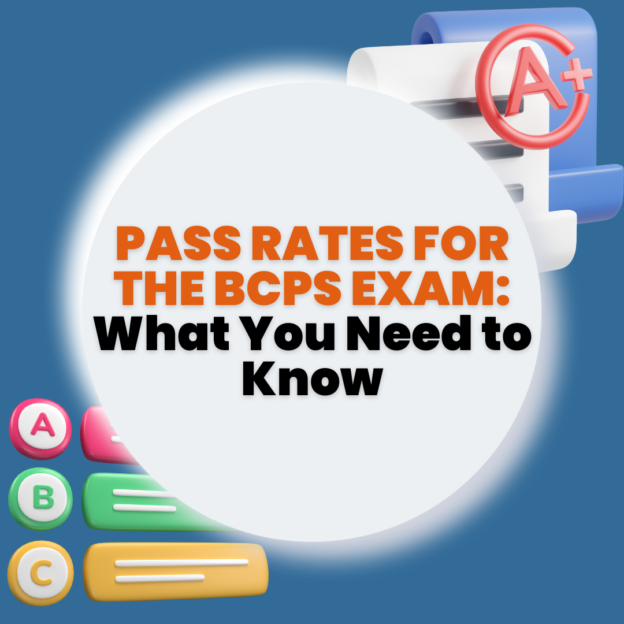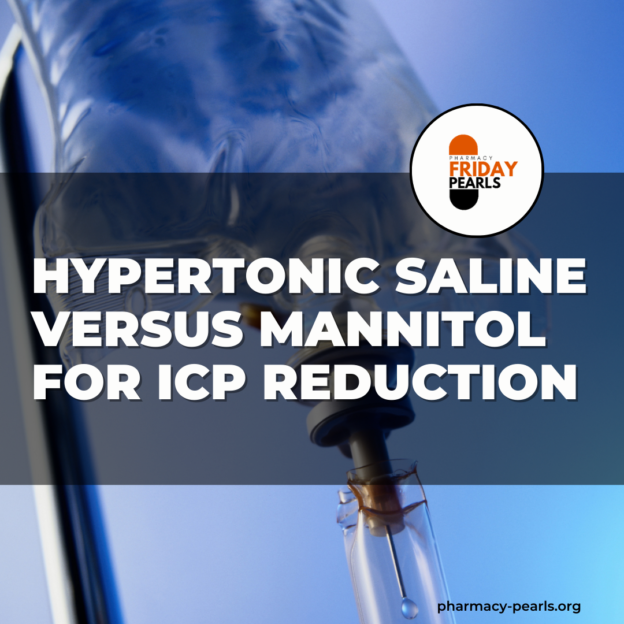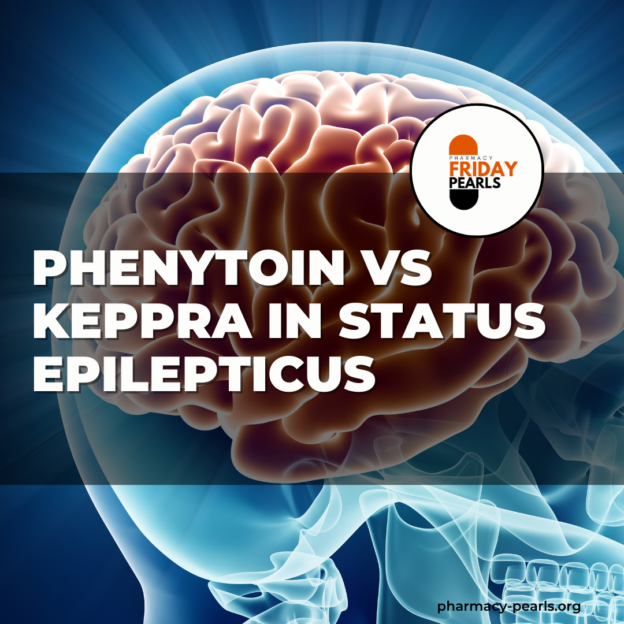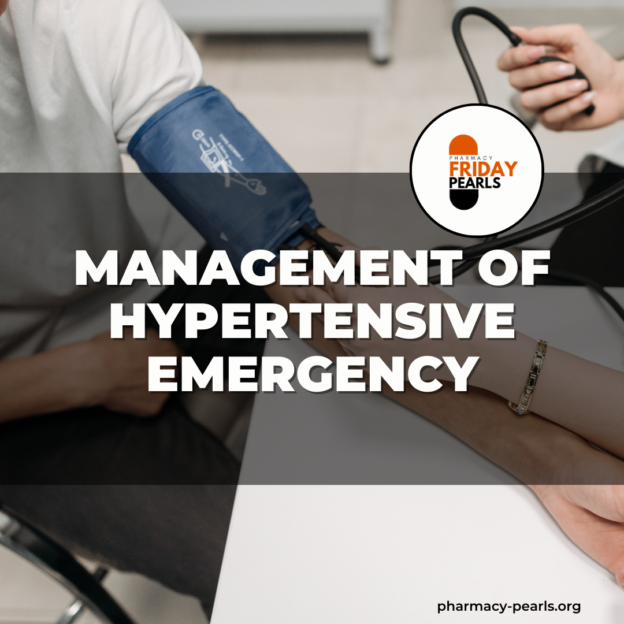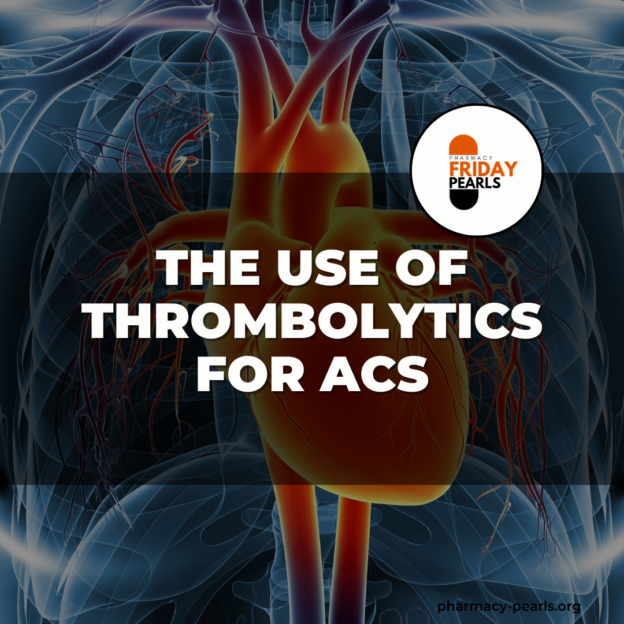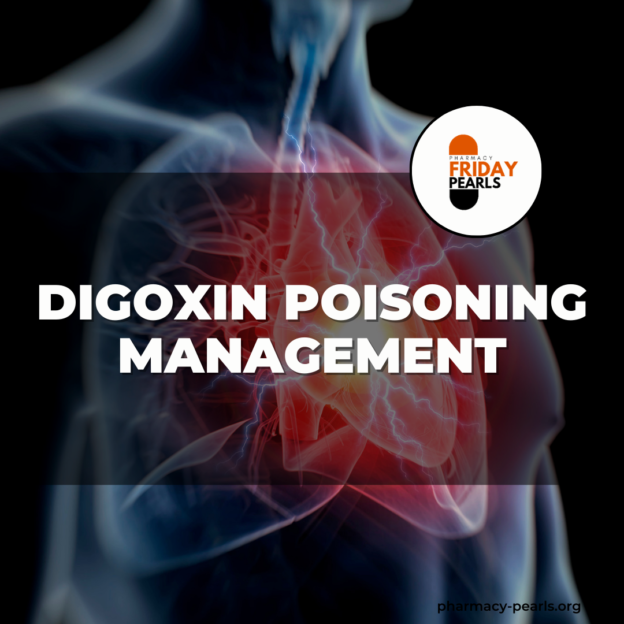If you’re preparing for the Board-Certified Pharmacotherapy Specialist (BCPS) exam, you’re probably wondering what the pass rates are like. After all, knowing the pass rates can help you set realistic expectations and prepare more effectively. In this blog post, we’ll take a closer look at the pass rates for the BCPS exam and what you need to know.
Overall Pass Rates according to data from the Board of Pharmacy Specialties (BPS), the overall pass rate for the BCPS exam is around 55%. This means that slightly more than half of all test takers pass the exam. The numbers for first-time exam takers are slightly higher, with a pass rate of 69%.
While these pass rates may seem low, it’s important to remember that the BCPS exam is designed to be challenging. It’s meant to test your knowledge and skills in pharmacotherapy, and passing it is a significant achievement.
Content Outline changes one question that many BCPS exam takers have is whether there are any changes to the content outline for the exam. The last update to the content outline was in 2020, and since then, no major changes have been made. This means that you can expect the same number of questions from each topic area.
However, it’s worth noting that BPS historically updates the content outline for the exam every 3-5 years. While there are no planned changes for 2023, it’s possible that there may be changes in the coming years. It’s important to stay up-to-date on any changes to the content outline to ensure that you’re prepared for the exam.
Number of Questions and Exam Format the BCPS exam consists of 175 multiple-choice questions, with one answer for each question. You do not need to memorize brand names, as generic names are used in the exam.
You’ll have 4 hours and 23 minutes to complete the exam, which works out to about 1 minute and 30 seconds per question. This highlights the importance of setting a good pace and practicing with a practice exam to ensure that you’re comfortable with the time limit.
Conclusion: Preparing for the BCPS exam can be challenging, but knowing the pass rates and what to expect can help you prepare more effectively. With a pass rate of around 55%, it’s clear that passing the exam is a significant achievement. By staying up-to-date on any changes to the content outline and practicing with a practice exam, you can improve your chances of success on the exam.
Good luck!
